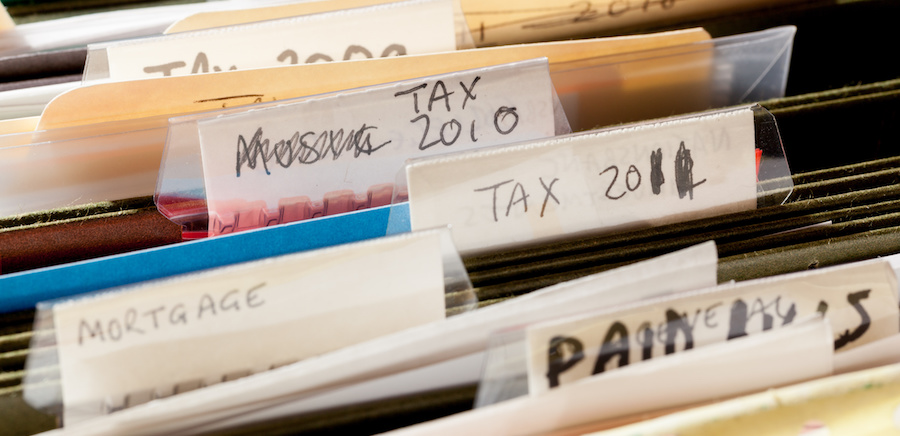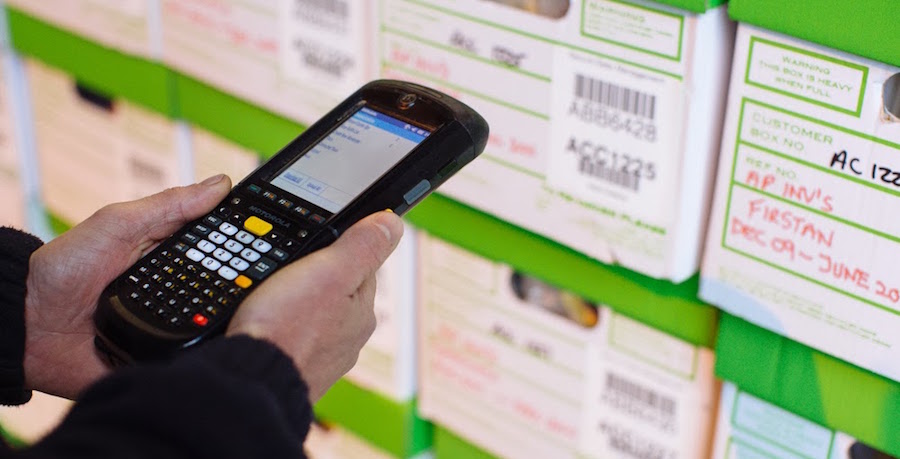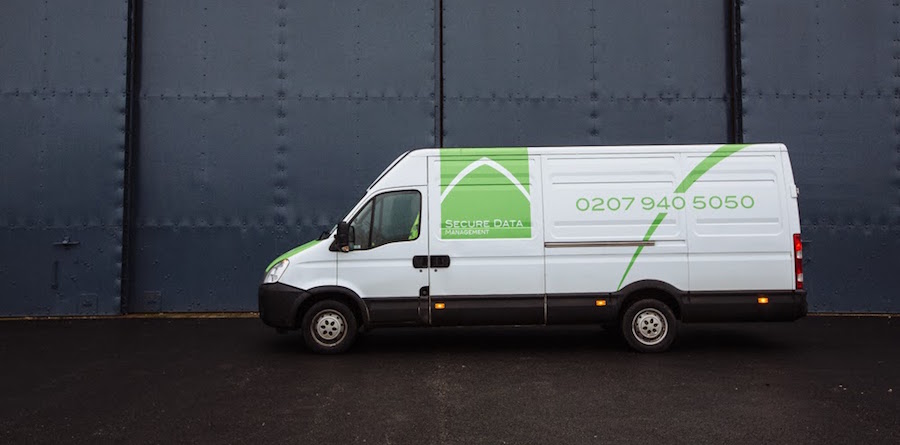Whilst businesses make a shift towards to digital documents, their customers continue to prefer paper transactions. It would seem that the printed page is still not forgotten and many consumers view paper as a more reliable alternative to digital records. Paper is still the preferred format for consumer reading.
Since the 1990s studies have proven that people read more slowly on screens and indeed many consumers find reading off screens troublesome. It has actually been proven to require more cognitive energy. Moreover, because most consumers now associate their computers with recreational activities, their state of mind whilst using their device is likely to be more loaf. This paper preference is not generational either; studies have shown that 18-24 are almost just as likely to prefer paper as older age groups.
This environmentally conscious younger generation have been brought up in a country where two thirds of paper products are recycled each year and the industry is no longer being tagged as environmentally harmful. The paper industry is becoming increasingly environmentally conscious and this coupled with paper’s characteristic sustainability is likely to make younger generations more induced to continue using it.
Despite these facts, and the statistic that 7 million people in the UK don’t use the internet at all and a third of UK households don’t own a PC; companies continue to shift towards paperless existences.
How Businesses are Dealing with Consumer Paper Affinity
Put simply not very well. Consumers continuing paper preference poses a problem for companies attempting to move their advertising and customer communications online. It is businesses’ customer service that is suffering as businesses fail to adopt suitable paper record management practices.
Indeed, 43% of UK customers stated in a recent survey that they were regularly aggrieved at having to constantly chase up manual documents by phone. This statistic points to the inefficiency with which some companies are carrying out the management of their customer’s paper records. With 59% of businesses still receiving customer information via paper this is certainly not encouraging news.
This consistent mishandling of customer information is likely to damage your companies repute and chip away at your customer base with a quarter of customers leaving businesses after experiencing poor customer service.
On the whole most businesses are ignoring the trend that is consumer paper preference. Banks are continuing to ignore the ‘Keep Me Posted’ campaign as most UK banks are predicted to scrap paper statements altogether. The campaign is attempting to prevent this digital overhaul and wants to keep paper statements as an option for customers. Elderly and self-employed customers in particular have voiced their concerns about the likely shift.
Judith Donovan, chair of the Keep Me Posted campaign stated:
“At present the public appetite for paper bills does not correlate with the preference of large corporations.”
This statement can be applied to businesses of all sectors and indeed some sectors are even guiltier of ignoring consumer needs. Out of every 10 companies in the communications sector only 2 offer paper bills and will mostly likely charge customers who use paper bills extra.
Hybrid Marketing
Some businesses have recognised their consumers’ paper preference and so continue to use direct mail advertising techniques. A practical choice when one considers that most email advertisements are directed straight into consumer spam folders and so will never be seen. The Royal Mail conducted a study which proved that consumer memory was more receptive to direct mail advertising. Fortunately direct mail is also cheaper than most other modes of advertising.
Paper marketing is increasingly being adopted primarily by smaller businesses. Blue chip companies too certainly should consider using a hybrid marketing strategy. Many blue chip organisations probably started to move away from paper based operations years ago. Unsurprisingly then multinational, blue chip organisations are the most prone to losing touch with customers. Tangible forms of advertising, such as direct mailing, could reinvigorate consumer personalization which is often lacking in digital advertisements.
Paper can actually enhance the effectiveness of your digital marketing campaigns. Using catalogues and leaflets you can direct your customers to your website for example. By using a hybrid marketing campaign you are undoubtedly going to be able to reach out to larger audience which is why most businesses on average use it for 35% of their marketing strategy.
Whilst some businesses have reacted to their consumers preferences and have turned back to paper for some of their operations, others most certainly have not and have lost consumer trust as a result. 84% of UK adults are opposed to companies removing their right to choose how they are connected with. Therefore any company looking to build up a strong rapport with consumers should allow customers to make their own choice when it comes to advertising and communication.
Businesses that are looking to turn back time and revert back to some paper operations should consider using an offsite record management facility to ease the transition. Managing a hybrid marketing strategy can indeed be challenging.
Many businesses have forgotten how to effectively deal with their customers manual records, luckily record management facilities have continued to develop new ways of dealing with the requirements of paper administration. Record management companies can offer their extensive expertise in paper management to businesses, businesses which are continuously willing to adapt to the wants of their customers.











